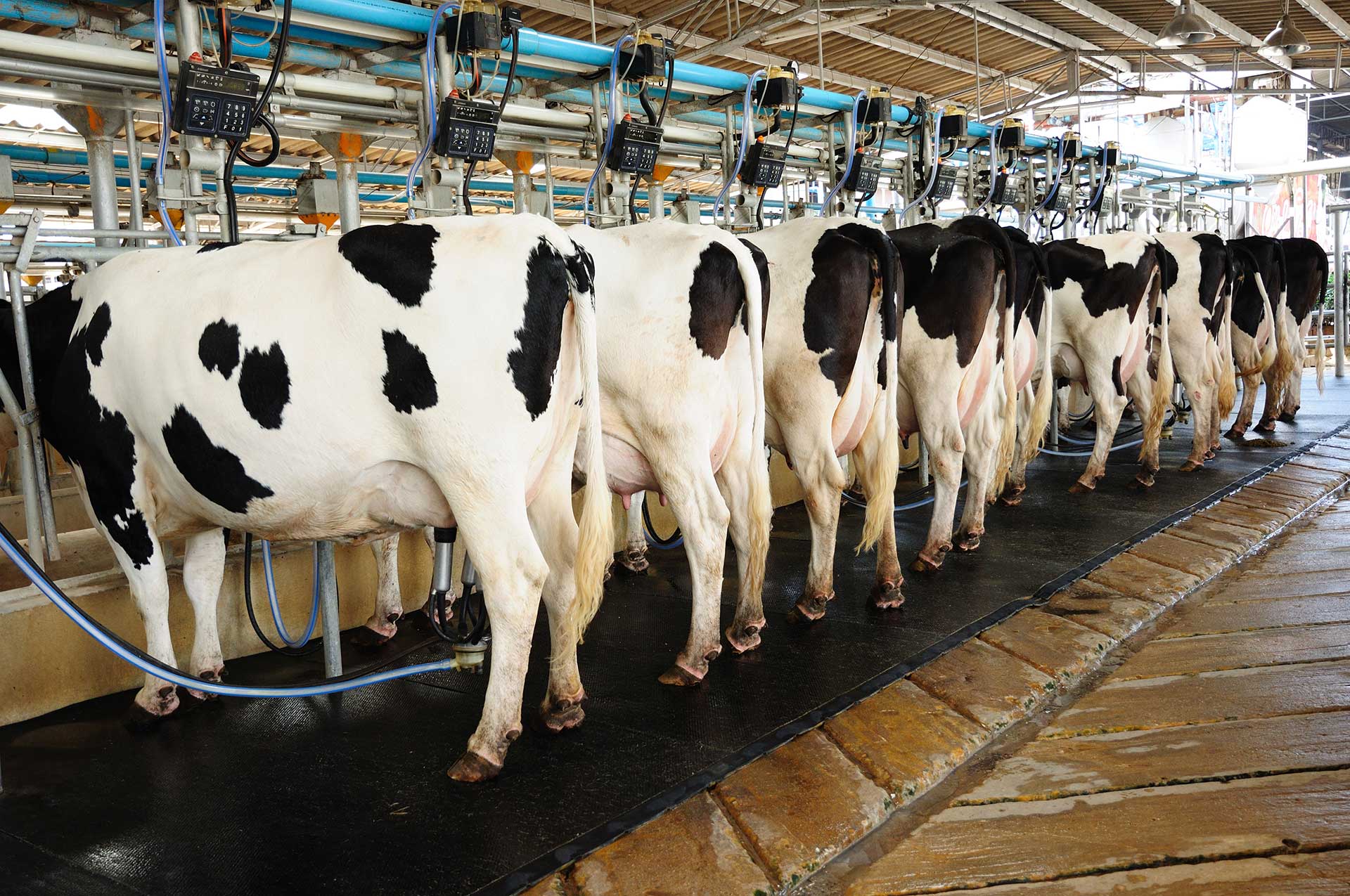Protecting dairy products during transport and storage is crucial to ensure they reach consumers in top condition. Packaging integrity testing plays a pivotal role in this process, ensuring that the containers used for dairy products are robust enough to withstand the rigors of transportation while maintaining the quality of the product inside.
The integrity of packaging is often compromised by factors such as physical damage during handling, inadequate sealing, and exposure to environmental conditions. These issues can lead to contamination, spoilage, or loss of freshness in dairy products, ultimately affecting consumer satisfaction and brand reputation.
Our laboratory provides comprehensive packaging integrity testing services specifically designed for dairy products. Our team uses advanced equipment and rigorous methodologies to assess the performance of various types of packaging materials under different environmental conditions. This ensures that our clients can make informed decisions about their packaging choices, thereby enhancing product quality and safety.
The testing process typically involves a series of steps aimed at evaluating different aspects of packaging integrity:
- Visual Inspection: We visually examine the packaging for any visible signs of damage or defect.
- Pressure Testing: This test assesses how well the packaging can withstand internal and external pressure changes, which is particularly important for dairy products that require airtight seals to maintain freshness.
- Water Penetration Test: During this test, we evaluate the ability of the packaging to prevent water or moisture from entering the product. This is crucial in preventing spoilage due to excess moisture.
- Burst Strength Test: This measures the maximum pressure that the packaging can endure before it bursts, which helps ensure durability during transportation and handling.
- Microbial Barrier Testing: We examine how effectively the packaging material prevents microorganisms from entering the product, ensuring food safety standards are met.
By conducting these tests, we provide detailed reports that outline the strengths and weaknesses of each type of packaging. These insights allow our clients to improve their current packaging solutions or make informed decisions about new materials and designs.
In addition to testing, we also offer recommendations for improving packaging integrity based on our findings. Our experts work closely with your team to ensure that any necessary changes are implemented effectively, leading to enhanced product quality and consumer trust.
Applied Standards
The packaging integrity tests we perform adhere to several international standards to ensure consistency and reliability in the results:
- ASTM D4161-08 Standard Test Method for Determining the Bursting Strength of Flexible Barrier Packaging: This standard is used to measure the pressure at which flexible packaging bursts, providing insights into its durability.
- ISO 22512:2017 Flexible Packaging — Determination of Gas Permeability: This standard helps in assessing how well the packaging material allows gases to pass through it, which is important for maintaining product freshness.
- IEST-TP-CA369.4-2005 (ANSI/ASTM E1875) — Determination of Water Vapor Permeability: This standard evaluates the ability of packaging to prevent water vapor from passing through, ensuring that dairy products remain fresh and free from mold or mildew.
- IEC 60480-3:2014 (formerly ASTM F88) — Determination of Pressure Resistance: This standard is used to measure the pressure resistance of packaging materials, which is critical for maintaining airtight seals in dairy containers.
These standards provide a framework that ensures our testing methods are consistent and reliable across different industries and regions. By adhering to these international norms, we ensure that our clients receive accurate and comparable data on the performance of their packaging materials.
Quality and Reliability Assurance
The quality and reliability assurance processes in our laboratory are designed to provide you with high-quality results consistently. Here’s how we achieve this:
- Equipment Calibration: All testing equipment is regularly calibrated to ensure accuracy.
- Consistent Procedures: Our team follows standardized procedures for each test, ensuring that every sample receives the same level of care and attention.
- Trained Personnel: Our experts are highly trained in both the theoretical aspects of packaging integrity testing and hands-on application. They stay updated with the latest industry trends and techniques.
- Quality Control Checks: Each test undergoes multiple quality control checks to ensure that no errors or inconsistencies slip through.
- Data Validation: We validate all data collected during testing against known benchmarks to ensure its reliability.
Our commitment to quality and reliability is reflected in the consistent accuracy of our results. Clients can trust us to provide them with detailed, actionable insights that drive improvement in their packaging strategies.
Environmental and Sustainability Contributions
In today’s world, environmental responsibility is a key consideration for many industries, including dairy products. Our laboratory recognizes the importance of sustainable practices and contributes to these efforts through our testing services:
Eco-Friendly Packaging Recommendations: By providing insights into packaging integrity, we help clients choose more eco-friendly options that are both durable and recyclable.
Energy Efficiency: The tests we conduct can lead to the development of packaging that requires less energy during production and transportation. For example, lighter materials reduce fuel consumption in shipping.
Resource Conservation: Robust packaging helps minimize waste by reducing the need for replacement due to leaks or breaches. This contributes to overall resource conservation.
Sustainable Manufacturing Processes: Our recommendations can help manufacturers adopt sustainable practices that align with broader environmental goals, such as using less harmful materials and processes in packaging production.
By integrating these sustainability contributions into our services, we not only enhance the quality of dairy products but also promote a greener future for all involved parties.





